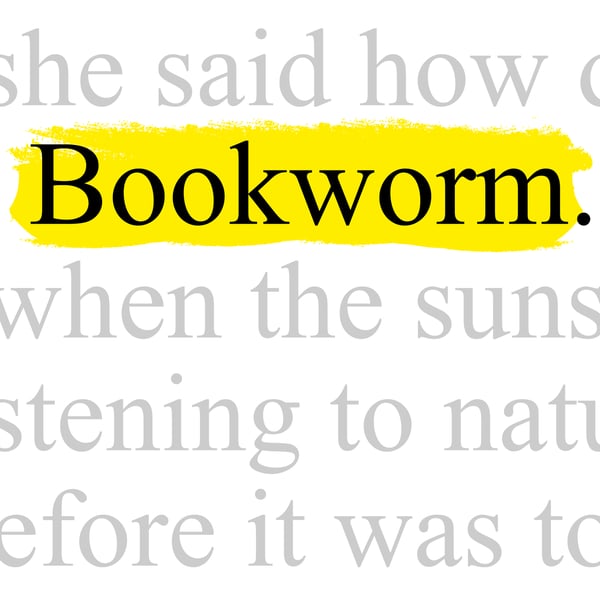Summary
Transcript
Click on a timestamp to play from that location
| 0:00.0 | You are a human animal. |
| 0:07.0 | You are a very special breed, |
| 0:10.0 | or you are the only animal, |
| 0:14.0 | who can think, who can reason, who can read. |
| 0:18.0 | Hi, this is Michael Sulfurblatt, and welcome to Bookworm. |
| 0:21.8 | My guest today is Carolyn Forshey, the Pulitzer Prize-winning poet for the country between us, |
| 0:28.9 | author as well as Gathering the Tribes, and she has edited a really remarkable anthology, |
| 0:34.7 | which has been the occasion for what will be public chastisement of Michael Silverblatt. |
| 0:40.3 | I'm your host. |
| 0:41.3 | This anthology is called Against Forgetting. |
| 0:45.3 | It's an anthology of 20th century poetry of witness. |
| 0:49.3 | And I have to begin with a confession, which is a form that many of these poets in the anthology |
| 0:56.7 | take in the face of horror, the confessional form, which was that my teaching had led me |
| 1:02.5 | to be suspicious of political poetry. And as I read through this anthology against forgetting published both in hardcover and paperback |
| 1:13.8 | by Norton, I became aware that I had suffered from a really unquestioned prejudice. |
| 1:20.6 | This really is some of the most extraordinary work of this century, and it is the response to the tone of this century, |
| 1:31.2 | and it is the place where poetry and life intersect, where poets become not only useful, but crucial. |
| 1:39.2 | And so I'm very happy to have been, you know, exposed to work that I really had not considered |
| 1:50.0 | in a deep way. Could you, in your introduction, you distinguish between poetry of witness |
| 1:57.9 | as a more useful term than political poetry per se. Could you explain that? |
| 2:04.0 | When I returned from El Salvador, where I'd been working as a human rights activist, I returned in 1980 |
| 2:11.2 | shortly before the assassination of Monsignor Oscar Romero. And I continued to write my poems after my return to the United States. And I don't think I realized the extent to which I had undergone change within myself and within my work. The poems that emerged on the page were first-person lyric, narrative, free verse, poems, |
... |
Please login to see the full transcript.
Disclaimer: The podcast and artwork embedded on this page are from KCRW, and are the property of its owner and not affiliated with or endorsed by Tapesearch.
Generated transcripts are the property of KCRW and are distributed freely under the Fair Use doctrine. Transcripts generated by Tapesearch are not guaranteed to be accurate.
Copyright © Tapesearch 2025.

